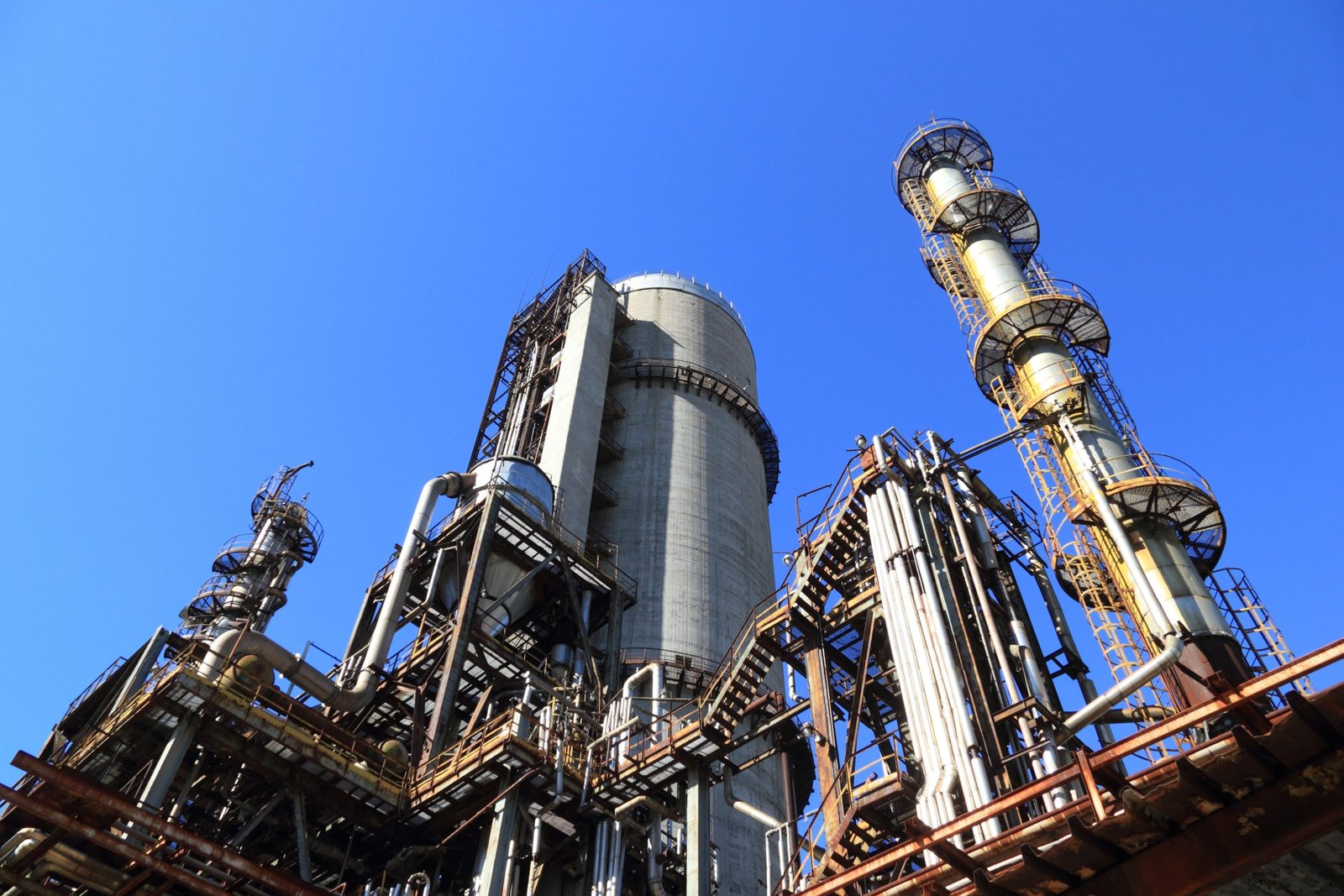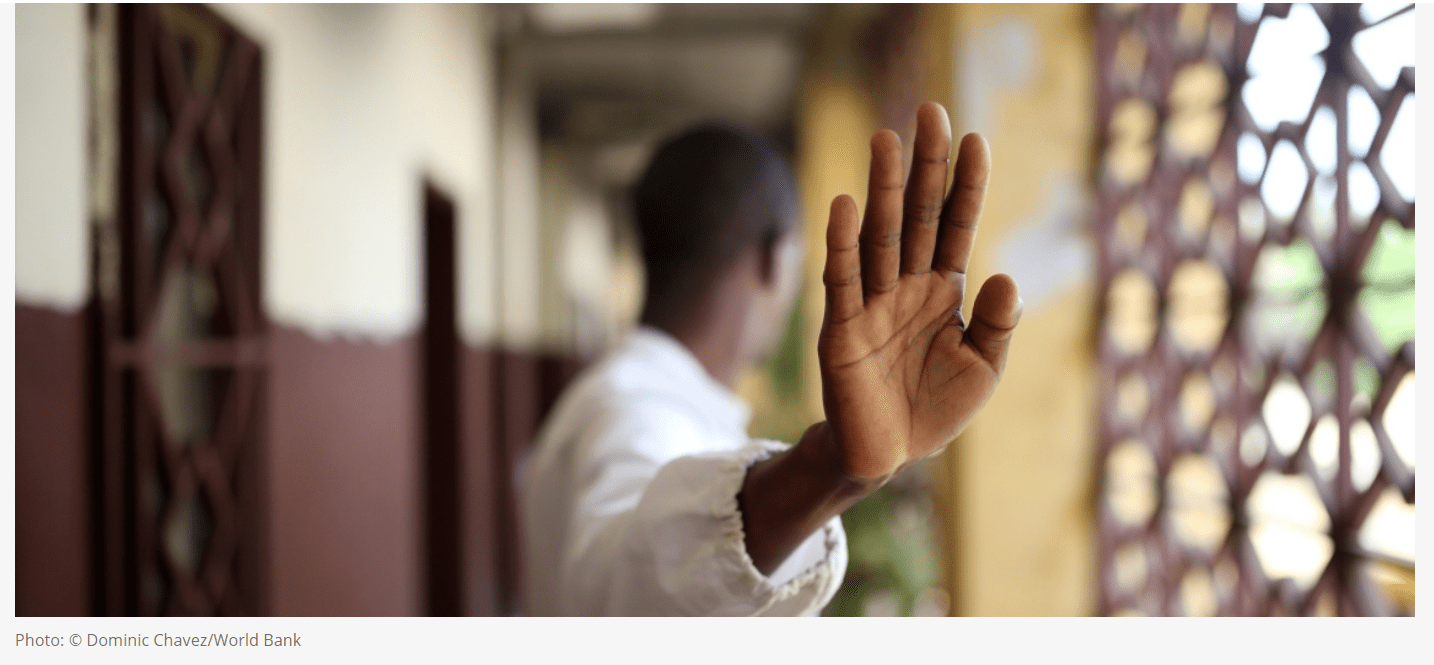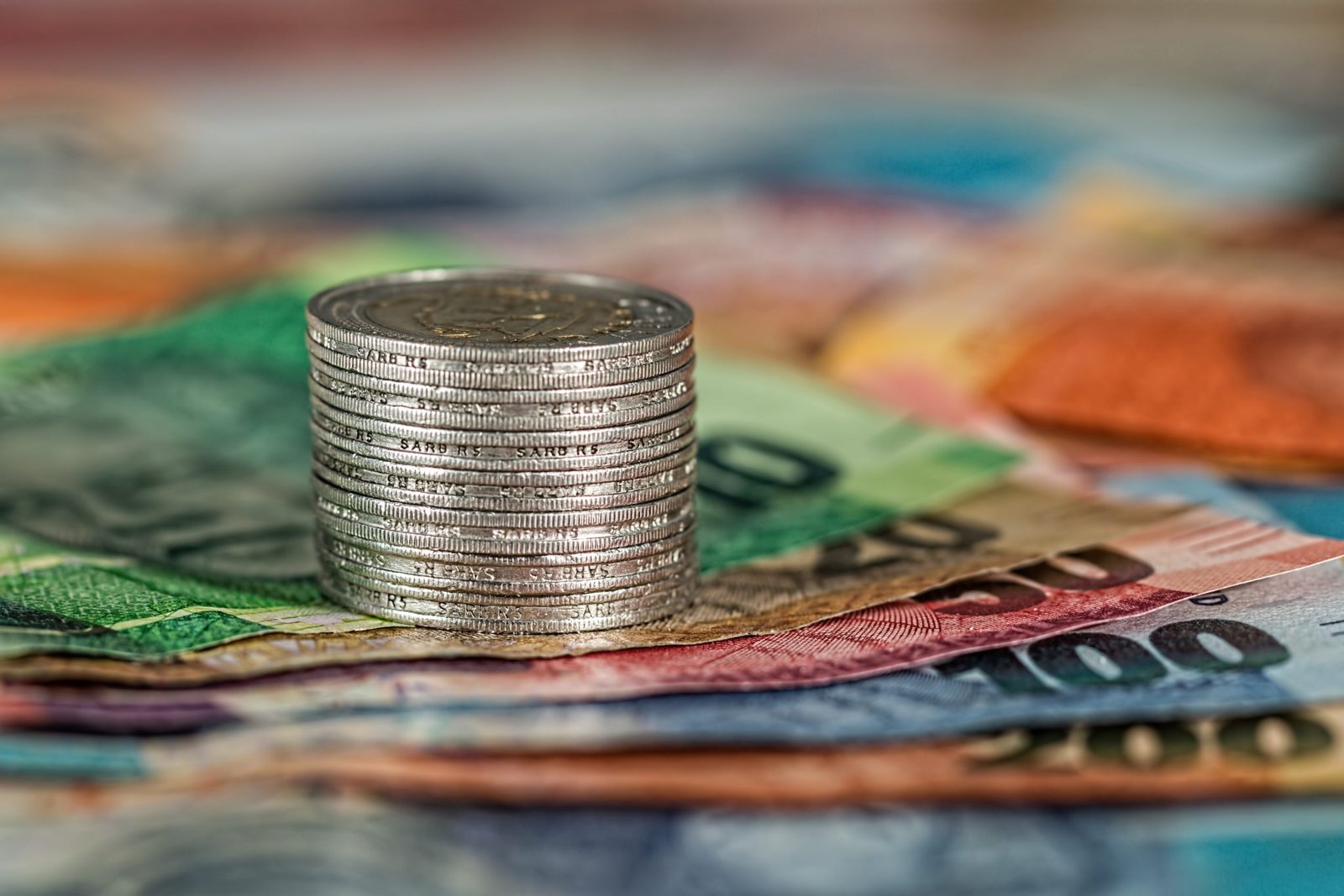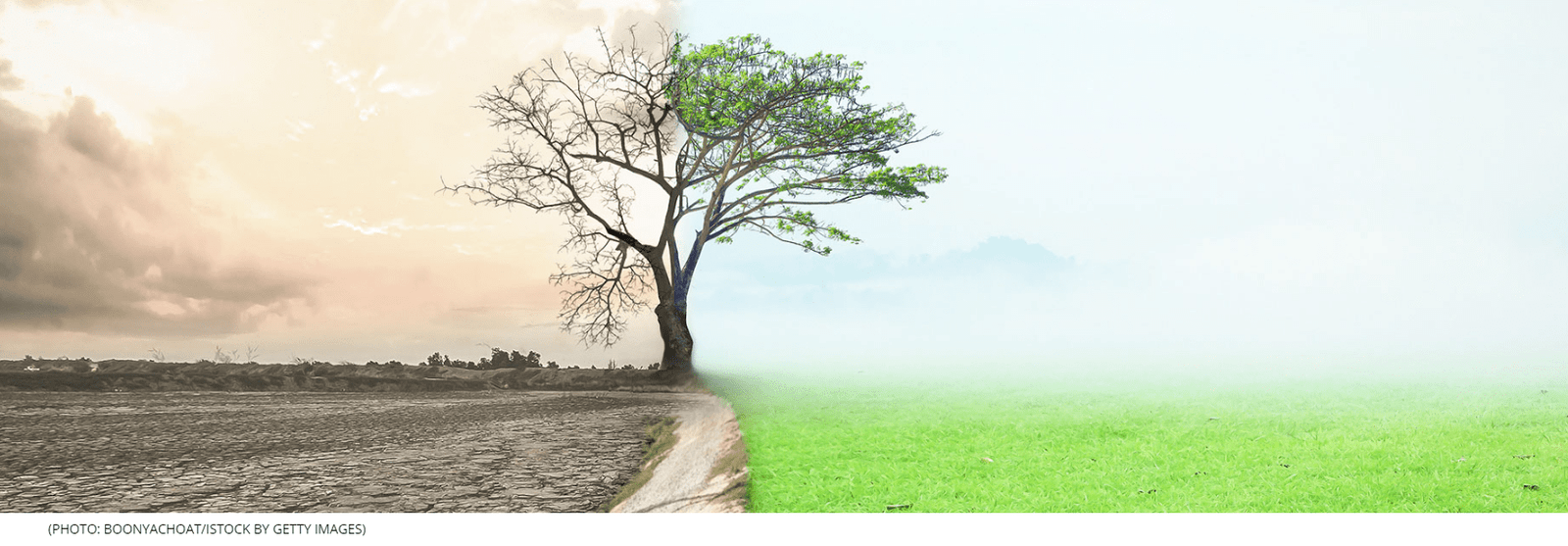How COVID-19 will Increase Inequality in Emerging Markets and Developing Economies
Despite the pre-pandemic gains in poverty reduction and lifespans, many of the EMDEs have struggled to reduce income inequality. At the same time, they saw persistently high shares of inactive youth (i.e., not in employment, education, or training), wide inequality in education, and large gaps remaining in economic opportunities for women. COVID-19 is expected to make inequality even worse than past crises since measures to contain the pandemic have had disproportionate effects on vulnerable workers and women.





![[INFOGRAPHICS] H1’20 Performance of Healthcare Companies in Nigeria](https://giftedanalysts.com/wp-content/uploads/2020/08/Healthcare-scaled.jpg)



